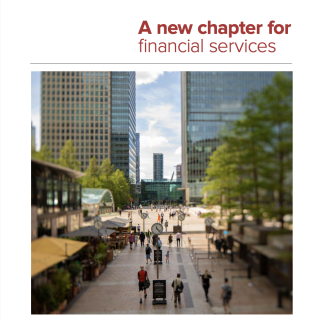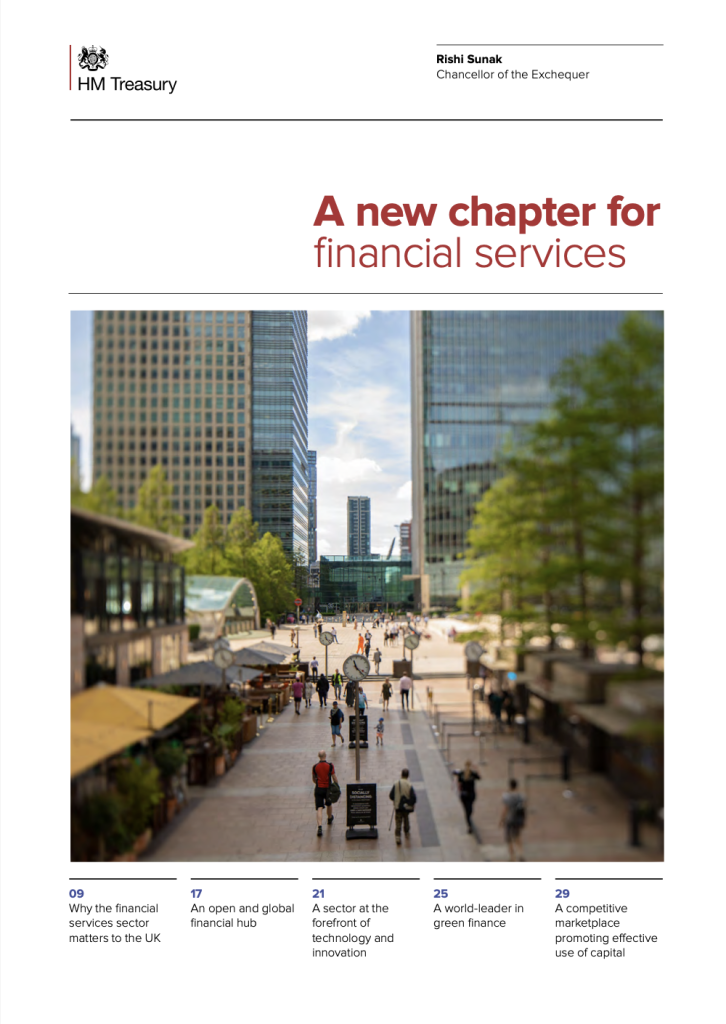‘After Brexit: Impact on Markets and Emerging Relationships in the Financial Industry’ saw two prosperous alumni, Elisabeth Øverland and Richard O’Connor, speak about the impact of Brexit and COVID-19 on the UK financial services. Elisabeth is a graduate from City Law School in 2002 and is now Counsel in Freshfields’ London financial services regulatory group. Her practice covers a wide range of financial services and regulatory matters. Richard is a graduate from Bayes Business School (formerly CASS) and has a broad background within the financial sector. After a successful career across various roles, he is now the Global Head of Investor Relations in HSBC. The event was focused on finding out what the UK-EU trade deal says on financial services and whether the delays to it have forced the UK financial services sector to change their outlook. In short, the trade deal does not cover enough with regards to financial services, and the outlook has shifted to a more global one as a result of the delays, the reasons for which are explained below.
Elisabeth kicked off by providing the legal perspective, highlighting that while there is a UK-EU Trade and Cooperation Agreement (TCA), it is incredibly light on the subject of financial services. This was met by much disappointment, but there was hope back in March 2021 when it was understood that a Memorandum of Understanding (MoU) on financial services had been negotiated. Unfortunately, this MoU has yet to see the light of day. Post-Brexit, UK financial services focused on regaining their EU market access, with particular concern placed on the loss of ‘passporting rights’. ‘Passporting’ here is a developed form of mutual recognition which allowed firms and practitioners based in the EU to provide their services to other EU Member States without requiring additional qualifications. It is this particular loss that has seen firms moving their services from London to other cities in Europe in order to continue servicing their EU clients. Now, the UK financial services sector have shifted focus from attempting to regain their pre-Brexit EU market access to adopting a more global outlook.
This shift in focus was officially recognised by the UK Chancellor, Rishi Sunak, in July 2021 when ‘A new chapter for financial services’ was published. He highlights this global focus by emphasising the opportunity to take an approach that better suits UK markets through having closer cooperation and more cross-border access when dealing with other like-minded financial sectors, such as Singapore, China and India. Of course, there is still some tension in regards to UK-EU relations and loss of market access. Elisabeth finds the delays to be a result of political issues; the EU wishes to know the UK’s future plans and wants the UK to indefinitely keep its retained EU law, while the UK is very much focused on its sovereignty.
Richard took the floor next, talking about how Brexit has caused a reported 440 firms to move from London to other financial centres, namely Dublin, Paris, Frankfurt and Amsterdam. Roughly, 90% of the 30 largest investment banks have moved part of their business to the EU in response to Brexit. Richard does, however, note that the moves have been spread across a number of jurisdictions and, as such, there has not been the emergence of one big challenger to London. Despite Brexit and the effects of Covid-19, London has remained resilient with finance jobs remaining broadly stable. The downside of the moves is that, although jobs have remained stable, the growth of them has moved to Europe with firms hiring more individuals in their new offices.
In conclusion, the UK-EU trade negotiations remain tense and the emerging theme is that politics are at play. This has forced UK firms to move elsewhere in Europe and for UK financial services to adopt a global outlook in contrast to their initial desire to return to the pre-Brexit position. While it is still too early to tell what the exact implications will be, Richard reassures us that London remains resilient in the face of all this and will continue to do so. For now, all we can do is watch as the negotiations play out.
Many thanks to Kenza Khan for this review. Kenza, Lawbore journalist 2020-22, plans to start the Bar Course in 2022. She is known to be the ‘social butterfly’ and maintains hobbies outside the law, including spoken word poetry and singing. Her areas of interest are Tax, Intellectual Property, and Commercial law.



